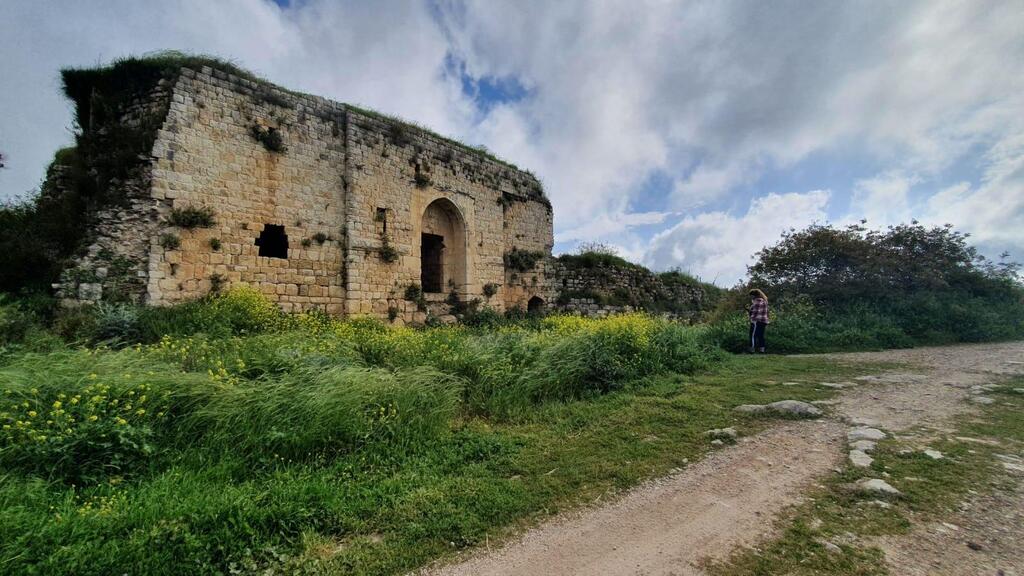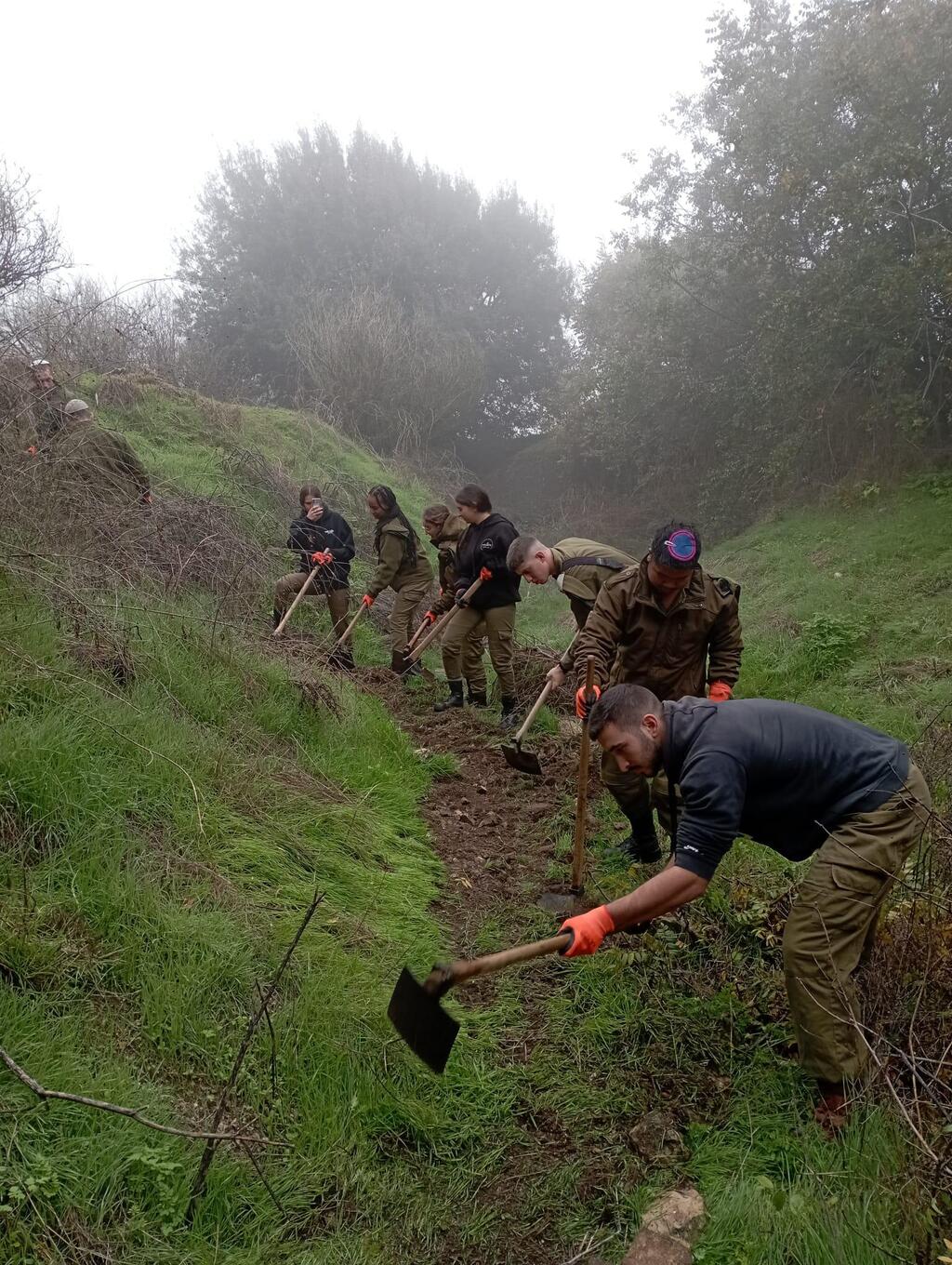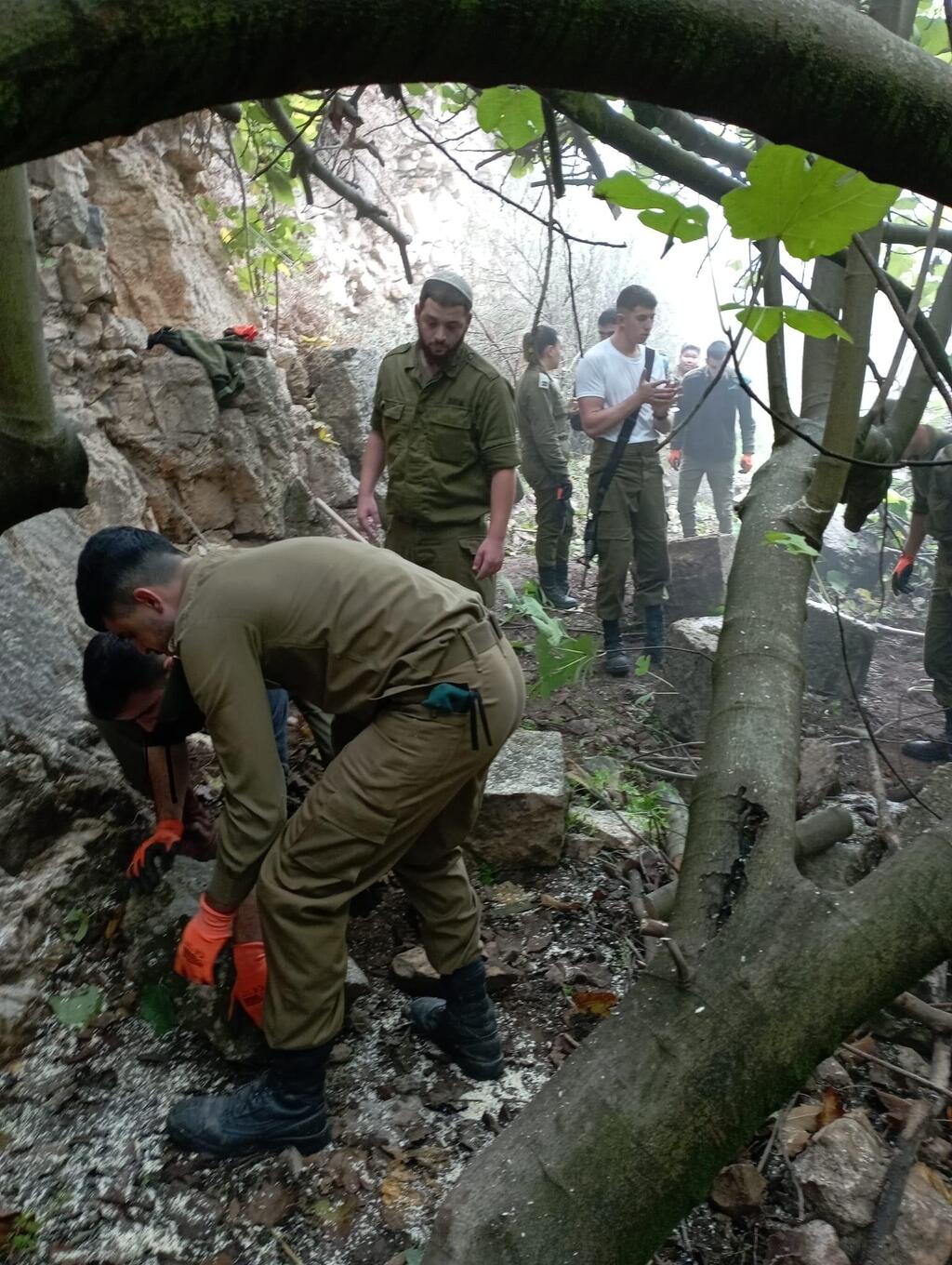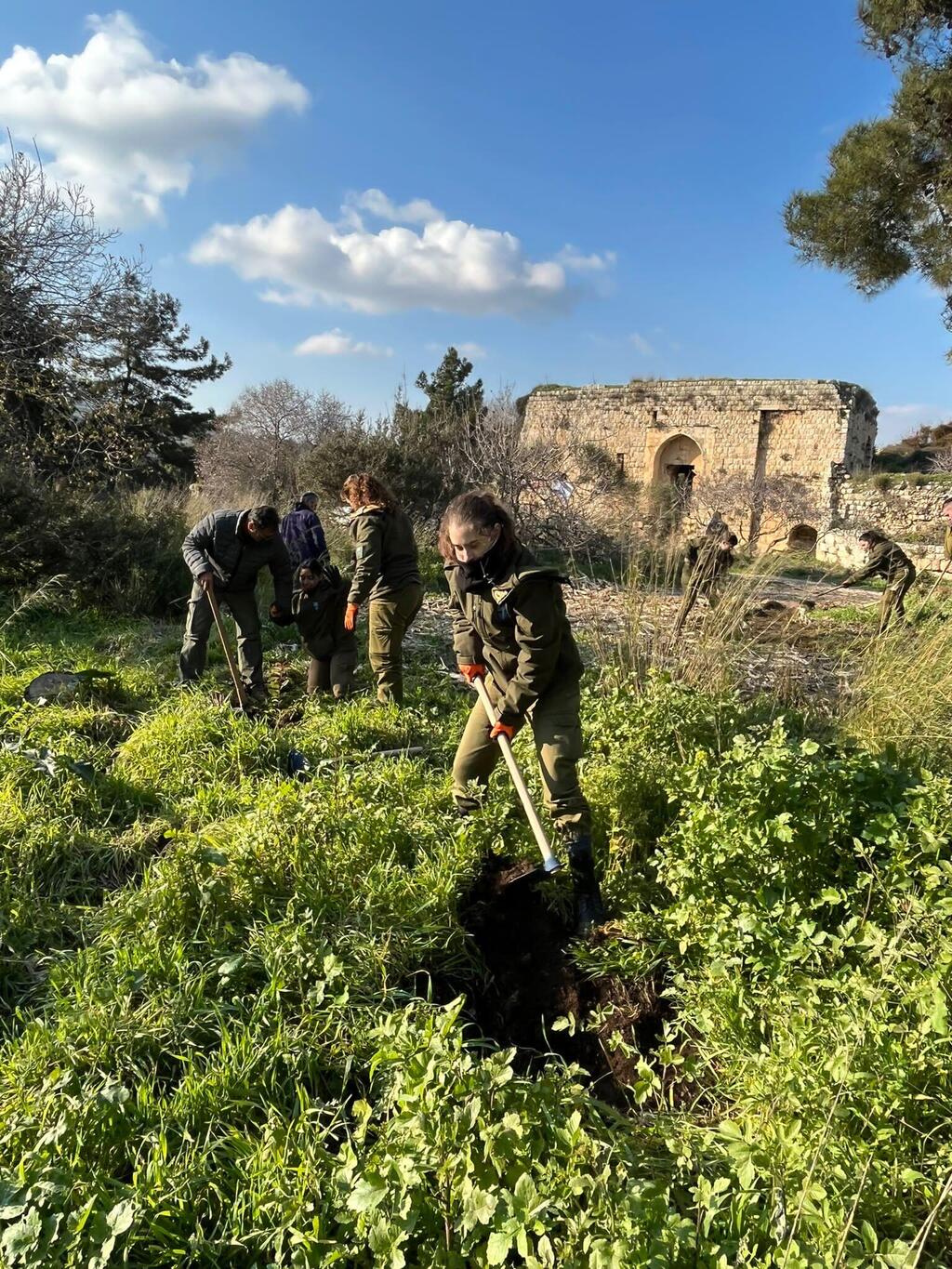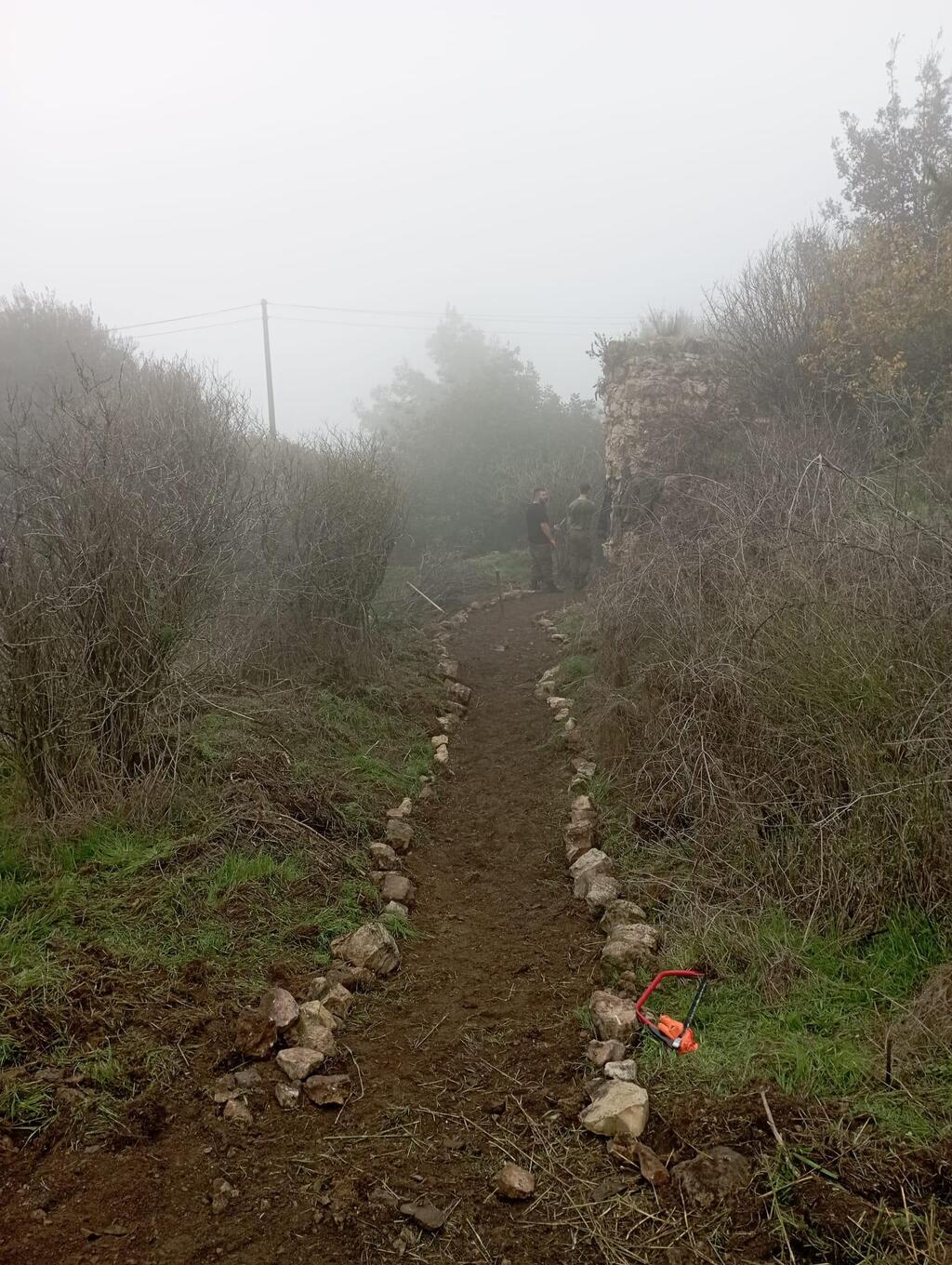Getting your Trinity Audio player ready...
IDF soldiers working to renovate track to Munin Castle
(Video: Daniel Afek, Antiquities Authority)
IDF soldiers and commanders stationed on Israel’s northern border recently opened a new hiking track leading to Hunin Castle in Margaliot after working for a year to clean and renovate the archaeological site and road leading to it – which have been neglected for many years.
More stories:
Hundreds of soldiers have arrived to help clean, renovate, plant trees, set up benches and signs, and also learn about the castle’s history over the last year, which was built nearly 1,000 years ago. After preparations were complete, the soldiers officially opened a new trail which allowed convenient access to the castle for hikers and families.
The castle, known by the Crusaders as Château Neuf (New Castle), is located at the head of the hilly region of the Naftali Mountains, standing about 700 meters above sea level. It was likely built circa 1107 and sat on the ancient road that led from Damascus to Tyre.
The castle rises about 500 meters above the Hula Valley, which marked the ancient border between the Kingdom of Jerusalem, ruled by the Crusaders, and the territories controlled by Muslims at the time. The road between Damascus and Tyre was one of the most important international trade routes, and to protect it and those who traveled on it, the Crusaders erected a series of castles, with Château Neuf being one of the earliest.
7 View gallery
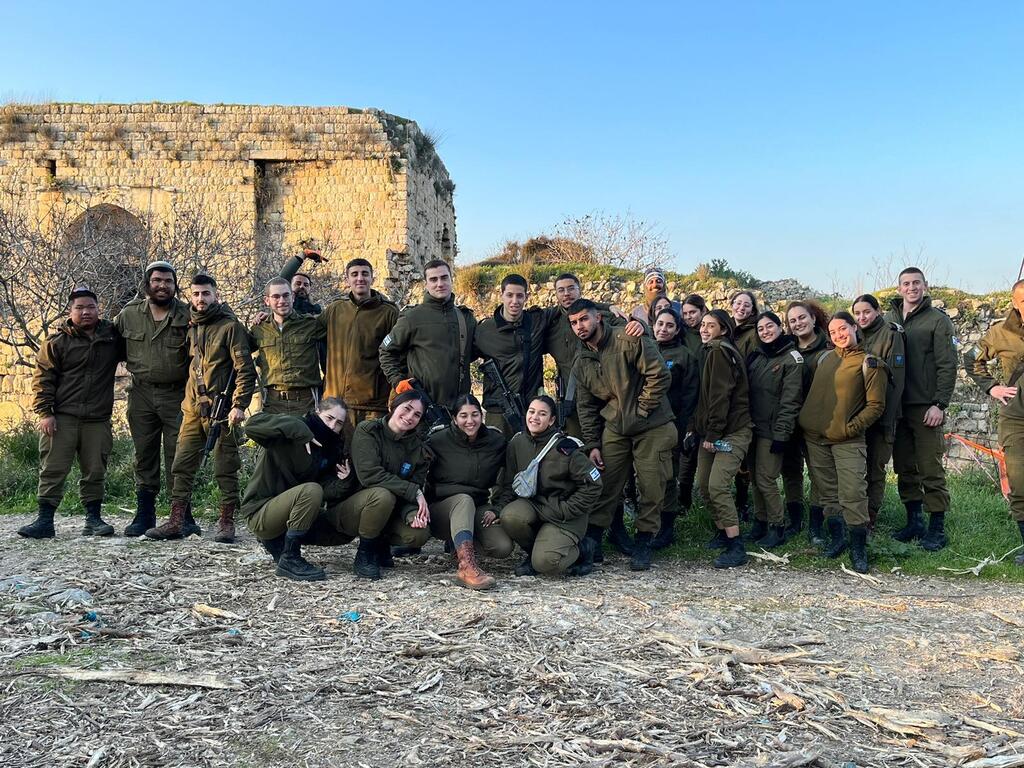

Some of the soldiers working near Munin Castle
(Photo: Naama Mansfeld/Antiquities Authority)
"Hunin Castle was neglected and dirtied for years, and now the soldiers have taken responsibility to nurture and preserve the site, make it accessible to hikers and families, and fulfill a part of the Zionist vision – preserving the values of nature and heritage in Israel while keeping its borders safe,” says Guy Sal’i, head of the Nature Defense Forces project initiated by the IDF aimed at protecting the environment.
The castle’s restoration also involved representatives from the Society for the Protection of Nature, Nature and Parks Authority, Israel Antiquities Authority, and KKL-JNF. The project was put on the table by Uri Berger, an archaeologist at the Israel Antiquities Authority. "The Israel Antiquities Authority, sees great importance in bringing the general public and IDF soldiers closer to Israel’s ancient heritage and history," he says.
7 View gallery
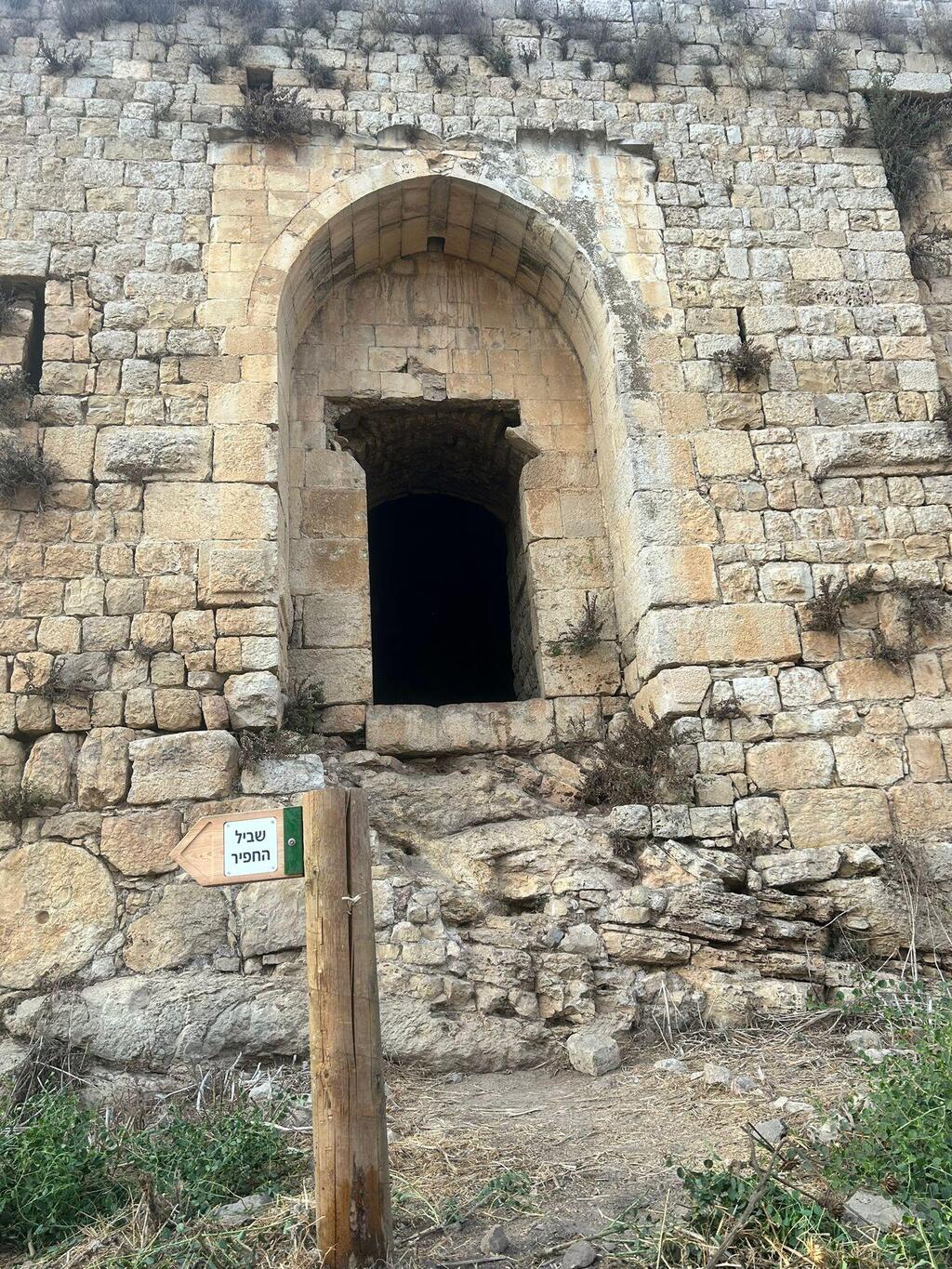

Hunin Castle with a signpost pointing to the new road
(Photo: Daniel AfeK/Antiquities Authority)
"For years, soldiers serving near the northern border, who are very close to such a magnificent archaeological site, were unaware of the castle’s existence and the significant story behind it. Now, in addition to the right to visit the historical and archaeological site, which helps break their daily routine, the soldiers also get acquainted with the Crusaders’ history in Israel and the great battles that took place here 1,000 years ago.”
Brigade Deputy Commander Lt. Col. Yoni Rott, whose unit took part in the unique project, adds that apart from its great historical importance, Hunin Castle also has significant strategic importance due to its proximity to the border with Lebanon.
"In the past year, we renovated the castle’s surroundings, created a new path through its old road, planted trees, and installed seating areas and benches. Beyond the recreational points now open for hikers, the unit underwent a valuable process, connecting every soldier to nature and the region they serve in," he said. "Through hard work, in heat or heavy rain, we connected to the land and to our responsibility for its preservation."
Naama Mansfeld, the Nature Defense Forces project coordinator and the Nature and Parks Authority’s head of education in the northern district, notes that “The site offers an overlook and observation point close to the impressive Crusader fortress, and the brigade’s decision to adopt the site was impressive, as was the preservation and renovation works that followed. We continue to safeguard nature and heritage sites in Israel while also keeping its border secure.”





